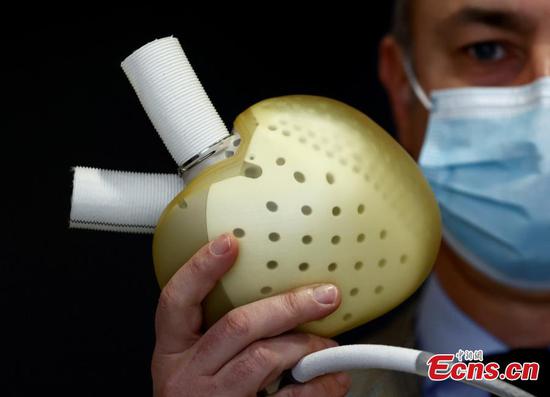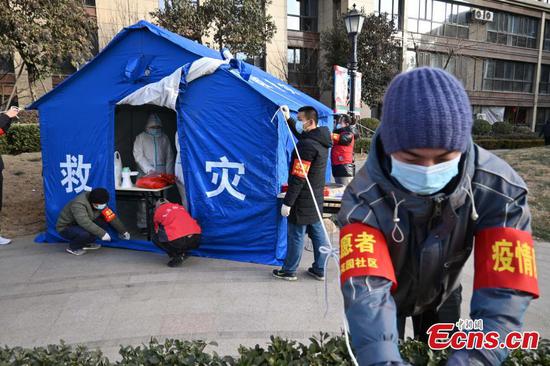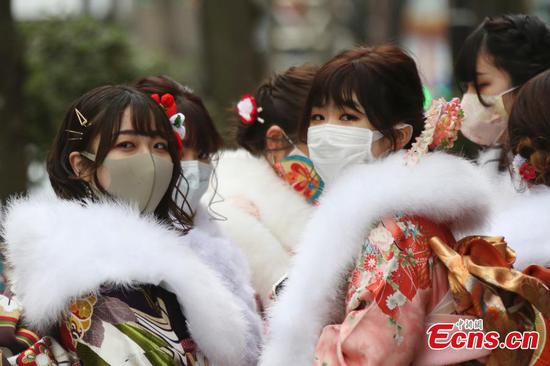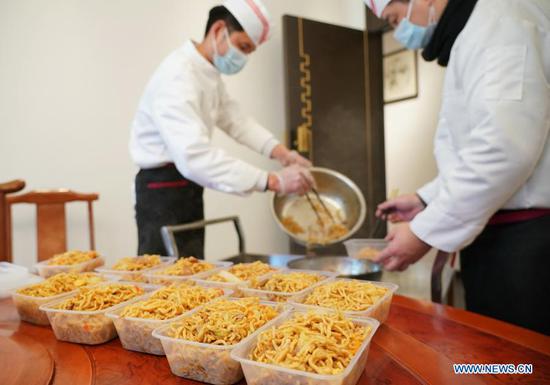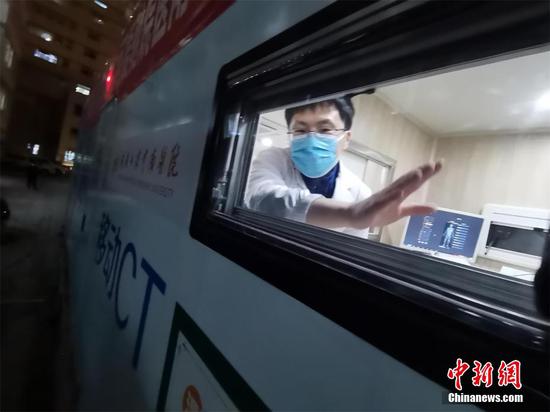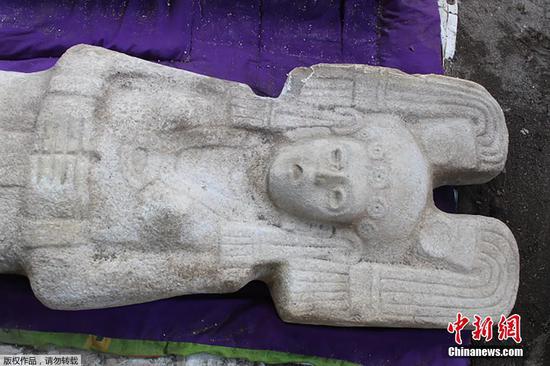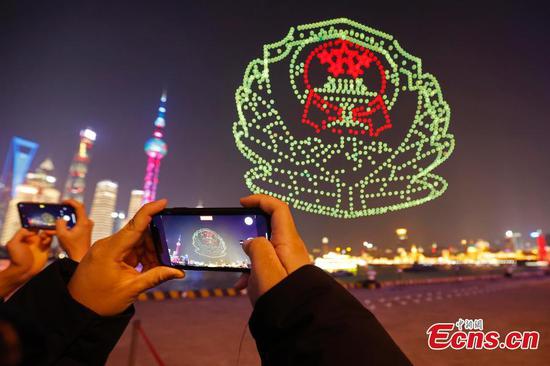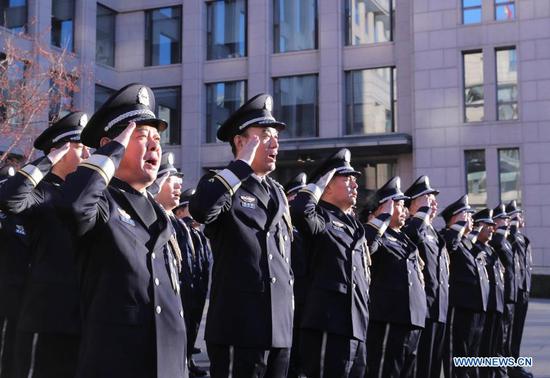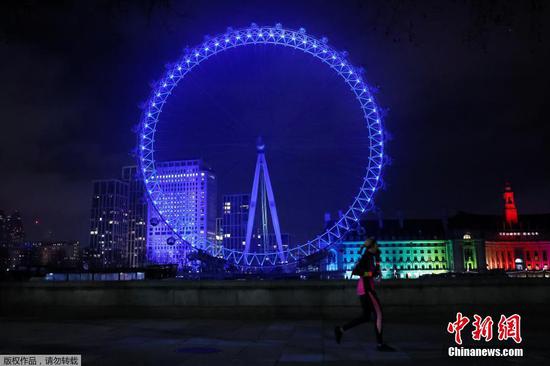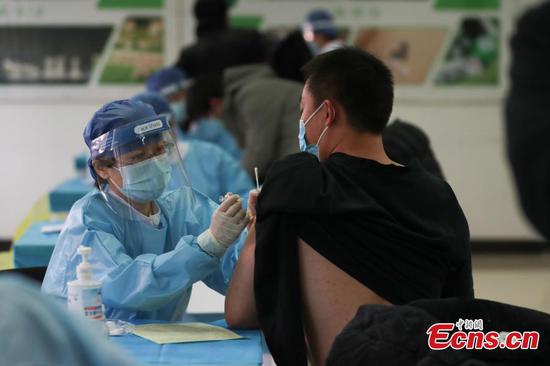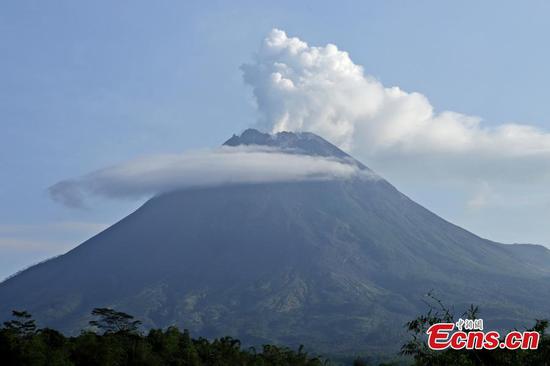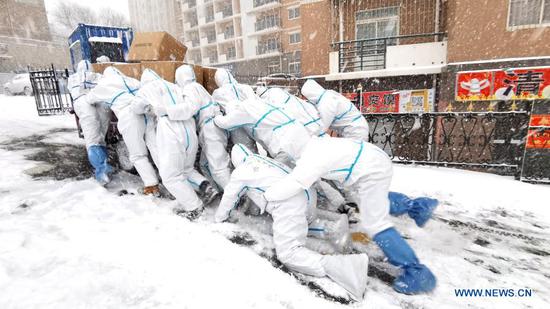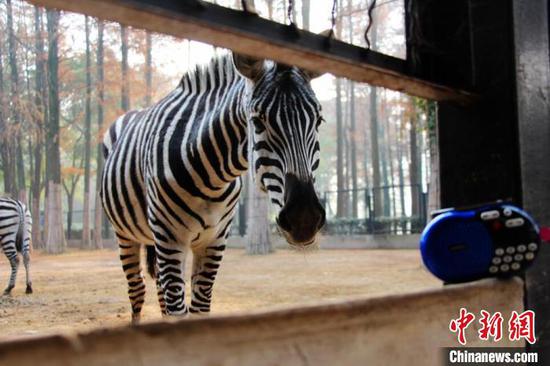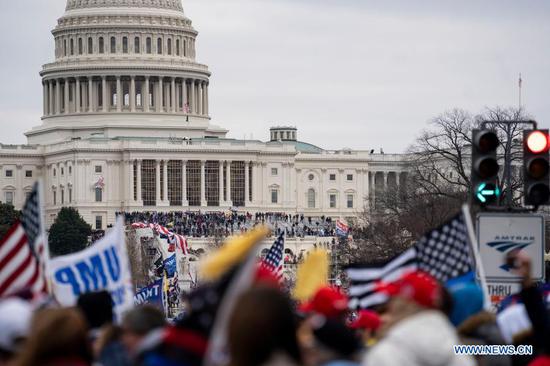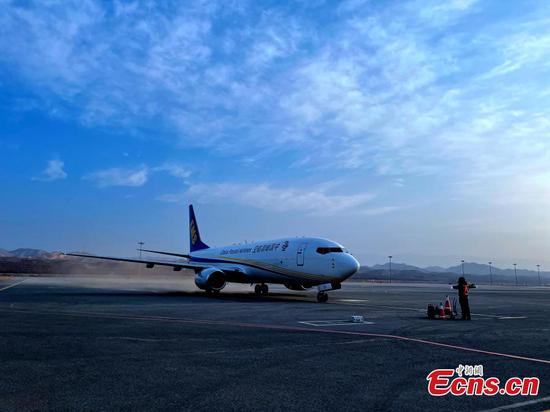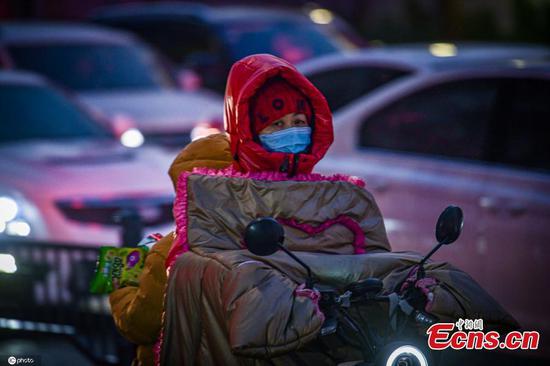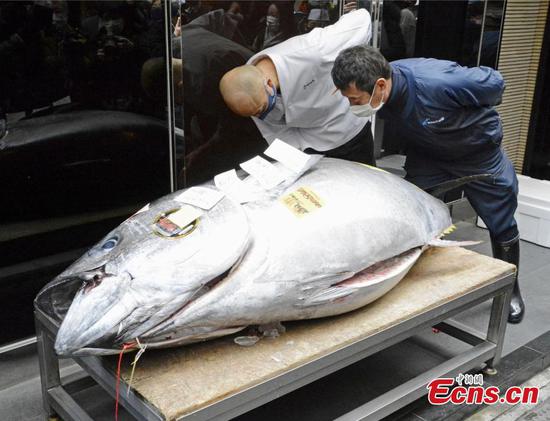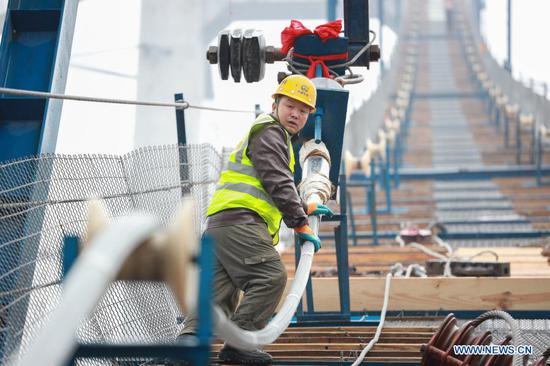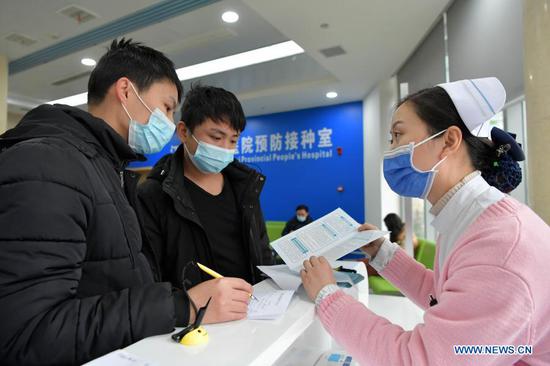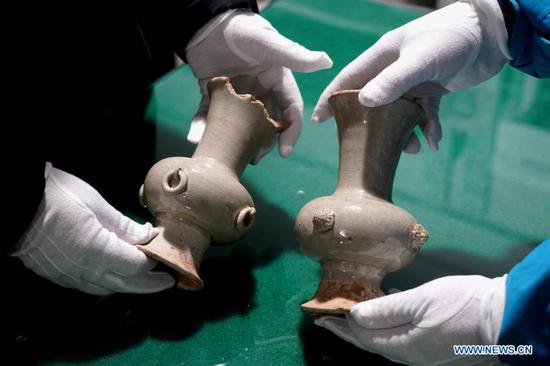Various sectors in Hong Kong have expressed support to the requirement made by the Hong Kong Special Administrative Region (HKSAR) government that serving civil servants of the HKSAR government take an oath of allegiance to the HKSAR Basic Law and the HKSAR or sign such a declaration.
They said that upholding the HKSAR Basic Law, and being loyal to the HKSAR and accountable to the HKSAR government are the political ethics that civil servants should abide by.
In order to enhance civil servants' awareness of the expectations and responsibilities brought on them by their official positions, the Civil Service Bureau of the HKSAR government has decided to require all serving civil servants to take an oath or sign a declaration. The bureau will explain to serving civil servants the arrangements related within this month.
Lo Man-tuen, executive director of Hong Kong Association for Promotion of Peaceful Reunification of China, said that the civil service team of the HKSAR government is the operator of the implementation of the "one country, two systems" and the maintenance of Hong Kong's prosperity and stability.
Upholding the HKSAR Basic Law, bear allegiance to the HKSAR and be responsible to the HKSAR government are the basic criteria for them to perform their duties, Lo said.
"By taking an oath or signing a declaration, it will help ensure that there will be no problems of principle in governance and safeguard Hong Kong's prosperity and long-term stability," Lo said.
Vice Secretary-General of the Hong Kong Coalition Kennedy Wong Ying-ho said that according to the Law of the People's Republic of China on Safeguarding National Security in the HKSAR, residents of the HKSAR who assume public office shall confirm in writing or take an oath to uphold the HKSAR Basic Law and bear allegiance to the HKSAR.
Wong added that this requirement complements the spirit of relevant articles of the HKSAR Basic Law; thus, a civil servant taking an oath or signing a declaration was a statutory duty and cannot be avoided.
Hong Kong practicing barrister Wu Yingpeng said that the social unrest that started in 2019 has damaged Hong Kong's social order and national security, during which, some public officials participated in illegal activities. Therefore, it is necessary to take specific measures to ensure that civil servants are loyal to the HKSAR and uphold the HKSAR Basic Law, so as to ensure effective functioning of the HKSAR government and safeguarding national security.
Some opposition parties falsely claimed that oath-taking was to imprison the thoughts of civil servants and stifle their freedom of speech. Interviewees strongly disagreed with this, saying that the requirements were political ethics and legal responsibilities that civil servants must abide by and had nothing to do with freedom of speech.
Willy Fu, vice chairman of the Executive Council of Hong Kong Legal Exchange Foundation, said that civil servants belong to a special profession closely related to public interests. Oath-taking is not only the legal responsibility of civil servants but also important political ethics. Many countries have institutional arrangements for civil servants to take oaths.
If people are not willing to abide by such basic political ethics, it is difficult for them to become a qualified civil servant, Fu said.
Priscilla Leung Mei-fun, a member of the HKSAR's Legislative Council, said that many countries such as Germany and Japan have relevant regulations and requirements on the oath-taking for civil servants. This shows that it is an international practice for public officials to swear to show their responsibility to the country and society. Civil servants of the HKSAR government should not be an exception.
As a civil servant of the HKSAR government, one must uphold the HKSAR Basic Law and be loyal to the HKSAR, Leung said.
Lo said that by waving the banner of freedom of speech, some people opposed the oath-taking of civil servants. Their purpose was to open the door for various anti-government activities. This so-called freedom of speech is against political ethics and legal requirements and will not be accepted or recognized by the general public.
According to the HKSAR government, more than 3,000 civil servants have completed the oath-taking or declaration signing, which was recognized as an important step to tackle the problem at root in the Hong Kong society.
Wu Yingpeng said that it reflected the effective implementation of the national security law in Hong Kong and the full respect for the legal spirit embodied in the HKSAR Basic Law, with thousands of civil servants have completed their oaths or signed declarations.
Willy Fu said that a series of measures taken by the HKSAR government showed that the work of clarifying the political responsibilities of the civil service team and regularizing the behavior of civil servants is proceeding in an orderly manner.
Fu hoped that the HKSAR government would speed up the progress of the relevant work in the future to ensure that the actions of civil servants conform to the requirements of the HKSAR Basic Law and the expectations of the general public.
As for how to better ensure that civil servants abide by their oaths and perform their duties faithfully in the future, Hong Kong Higher Education Convergence's secretary-general Chow Man-kong said that the oath-taking has a legal effect. All relevant departments in the HKSAR government, including the Civil Service Bureau should constantly review the performance of civil servants' oath and the implementation of relevant civil service regulations so that the effect of the oath can be demonstrated.
Kennedy Wong Ying-ho said that after completing the work of oath-taking or declaration signing for civil servants, the HKSAR government should make arrangements as early as possible to educate and train all civil servants on the Constitution, the HKSAR Basic Law and the national security law in Hong Kong.
This will ensure that civil servants better uphold the HKSAR Basic Law and are loyal to the HKSAR, so as to promote the steady and enduring growth of the "one country, two systems" in Hong Kong, Wong said.









